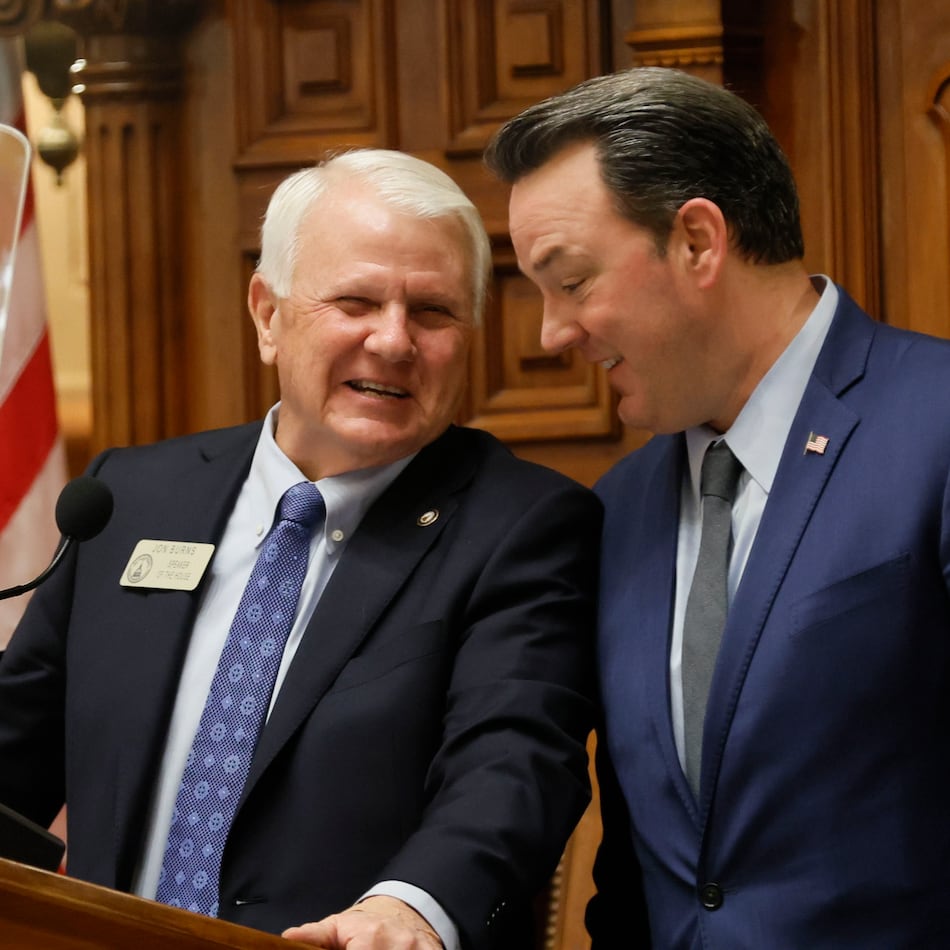The first third of the new year promises a slew of thrilling new books that are penned by Southern-based authors or take place in the South. Among the offerings are sober examinations of climate change and last year’s school shooting in Florida; memoirs about a literary friendship gone awry and life as a fake violinist; and several debut novels whose protagonists include a 19th-century charlatan from North Georgia and an atheist poet running a Christian writing school on the Gulf Coast. Here are 10 books we’re looking forward to in 2019.
The early buzz is gaining momentum for Atlanta author Soniah Kamal's second novel, "Unmarriageable." The contemporary retelling of Jane Austen's "Pride and Prejudice" takes delight in exploring the parallels between the mores of Regency England and modern-day Pakistan. Alys is an English literature instructor who teaches Jane Austen to her high school students, many of whom she knows will drop out of school to marry before receiving a degree. At a lavish wedding in their backwater town of Dilipabad, Pakistan, Alys meets and takes an instant dislike to Valentine Darsee. But over the course of the dayslong festivities, she begins to see a different side of him. (Penguin Random House, January)
Ernest Withers was an African-American photographer in Memphis, Tenn., whose pictures captured historic moments from the civil rights movement. Withers photographed the Emmett Till murder trial, the Montgomery bus boycott, the rise of Martin Luther King Jr. and the emergence of the Black Power movement. He was also an FBI informant, who fed intelligence to the government about the civil rights movement’s inner workings. Preston Lauterbach’s book, subtitled “The Secret Life of Photographer Ernest Withers,” explores who Withers was and what motivated his duplicitous actions. (Norton, January)
New beginnings and the forces that try to derail them are at the center of Mesha Maren’s debut novel. “Sugar Run” begins with Jodi McCarty’s release from prison for manslaughter. Having gone in at age 17, she’s spent more of her life inside prison than out. Before she can return to her home in rural West Virginia, she has to take a side trip on a Greyhound bus to make amends. En route she meets Miranda, a young mother living in a motel and in need of rescue. Together they return to the Appalachian Mountains where Jodi’s life first ran off the rails and where those who know her are hard-pressed to forget her past. (Algonquin Books, January)
Published 10 years after the event, Dave Cullen’s book “Columbine” changed what everybody thought they knew about the 1999 mass shooting at a high school in Colorado. The book focused on the two teenage gunmen and their families, and it explored the reasons why they committed such a heinous act. In his new book “Parkland,” which publishes a year after the Marjory Stoneman Douglas High School shooting in Florida, Cullen focuses on the student survivors who turned activists and transformed the tragedy into an organized and passionate call to action to stop gun violence. Where “Columbine” opened up a window into the mind of a psychopath, “Parkland” offers much-needed hope for the future. (HarperCollins, February)
>> RELATED: 30,000 in Atlanta march, hear emotional pleas on gun violence
Appalachian author Jessica Chiccehitto Hindman grew up wanting to be a violinist. Although she took lessons throughout her youth, she wasn’t good enough to make her college orchestra. So imagine her surprise when she lands a job playing with a famous orchestra in New York City and begins touring the country. Imagine her further surprise when she performs in front of an unplugged microphone while concert halls are filled with the sound of recorded music of “original compositions” eerily similar to the “Titanic” soundtrack. This humorous and insightful memoir explores how fake has become the new reality in contemporary culture, and how Hindman’s charade affected her view of herself and the world. (Norton, February)
Anyone who has lost a friend can relate to this compassionate but no-holds-barred memoir by Michael Mewshaw about his complicated relationship with Pat Conroy. A prolific writer of fiction and nonfiction, Mewshaw met Conroy in the 1980s when they were ex-pats in Rome. The book chronicles their decadeslong friendship, including their various literary projects, their daily phone conversations and their frequent family vacations. It also touches on troubling aspects of Conroy’s personality, including his alcohol abuse, his estrangement from his daughter and his suicide threats. After enlisting Mewshaw to help him get out of a jam with his soon-to-be ex-wife, Conroy ghosts his friend more or less for good, leaving Mewshaw to try to figure out what went wrong. (Counterpoint Press, February)
>> RELATED: AJC writer Bo Emerson spent time with Pat Conroy to discuss "The Death of Santini"
>> RELATED: As he lay dying, Pat Conroy's family sang the Marine Corps Hymn to him
When the mother of four children dies, it’s up to Althea, the oldest child, to raise her sisters and brother in small-town Michigan. Schooled on the responsibilities of adulthood at a young age, Althea grows up to become a pillar of her community, along with husband Proctor, with whom she runs a struggling restaurant and a charity that benefits local flood victims. But when the couple is arrested for fraud, turned in by their own daughter, the extended family comes undone. Told in alternating chapters from the perspectives of the three sisters — Althea, Lillian and Violet — this debut novel by Anissa Gray, an Atlanta-based journalist at CNN Worldwide, examines the changing dynamics of a family under pressure. (Penguin Random House, February)
Atlanta author and Oglethorpe faculty member Jessica Handler is best known for her memoir “Invisible Sisters” and the instructional writing guide “Braving the Fire,” both of which deal with grief. But “The Magnetic Girl” marks her first foray into fiction. Inspired by true accounts, the historical novel is about Lulu Hurst, an all-but-forgotten woman from North Georgia who toured the Eastern Seaboard in the late 19th century entertaining audiences with her purported ability to conduct a current of electricity — a newfangled discovery at the time — with the touch of her hand. The real sparks fly, though, when Lulu begins to chafe against her stage father’s control. (Hub City Press, April)
Like “Sounds Like Titanic,” Belle Boggs’ debut novel “The Gulf” explores a life of fakery through the eyes of struggling poet Marianne, a liberal atheist who takes a job running a for-profit writing program for Christians held in a motel on the Gulf Coast of Florida. Complications ensue when Marianne grows close to her students and shady investors begin making demands on the Genesis Inspirational Writing Ranch. Tensions come to a head as a hurricane bears down on the motley crew of writers and instructors in this humorous and empathetic exploration of what separates believers and nonbelievers. (Graywolf Press, April)
Nathaniel Rich’s exploration of the scientists and politicians who turned revelations about climate change into a campaign for change during the ‘80s, and the missed opportunities to turn things around, began as an article for The New York Times Magazine, which devoted the entire issue to the topic. In this sobering book, subtitled “A Recent History,” the New Orleans-based writer expands on his ideas, including explorations of the climate change denial movement and the oil industry’s role in thwarting policy change. (Farrar, Straus & Giroux, April)
IN OTHER NEWS:
About the Author
Keep Reading
The Latest
Featured













